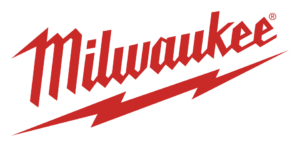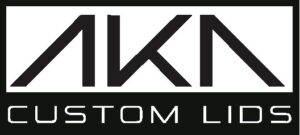Contractors need to pay attention to their culture more than ever before. In 2023, there is no room for heavy-handed superintendents who don’t know how to build employee loyalty. Nor is there room for disconnected corporate managers who focus only on numbers and efficiency. To thrive in today’s environment, merit shop contractors need to recognize that the latest generation of workers need more engagement and meaning from their work lives than previous generations. Employers that fail to recognize the new realities may find themselves unionized or without a stable complement of committed employees. On the other hand, success for merit shop contractors will continue to lie in the core merit shop principles: communicating with employees, valuing their contributions, and giving every individual worker the opportunity to control their own career destiny. It may also benefit construction employers to conduct a vulnerability assessment to find and eliminate perceived or legitimate workplace issues. Taking steps early to highlight and support developing employee concerns continue to be a critical preventive strategy, especially amid organizing activity in the industry.














